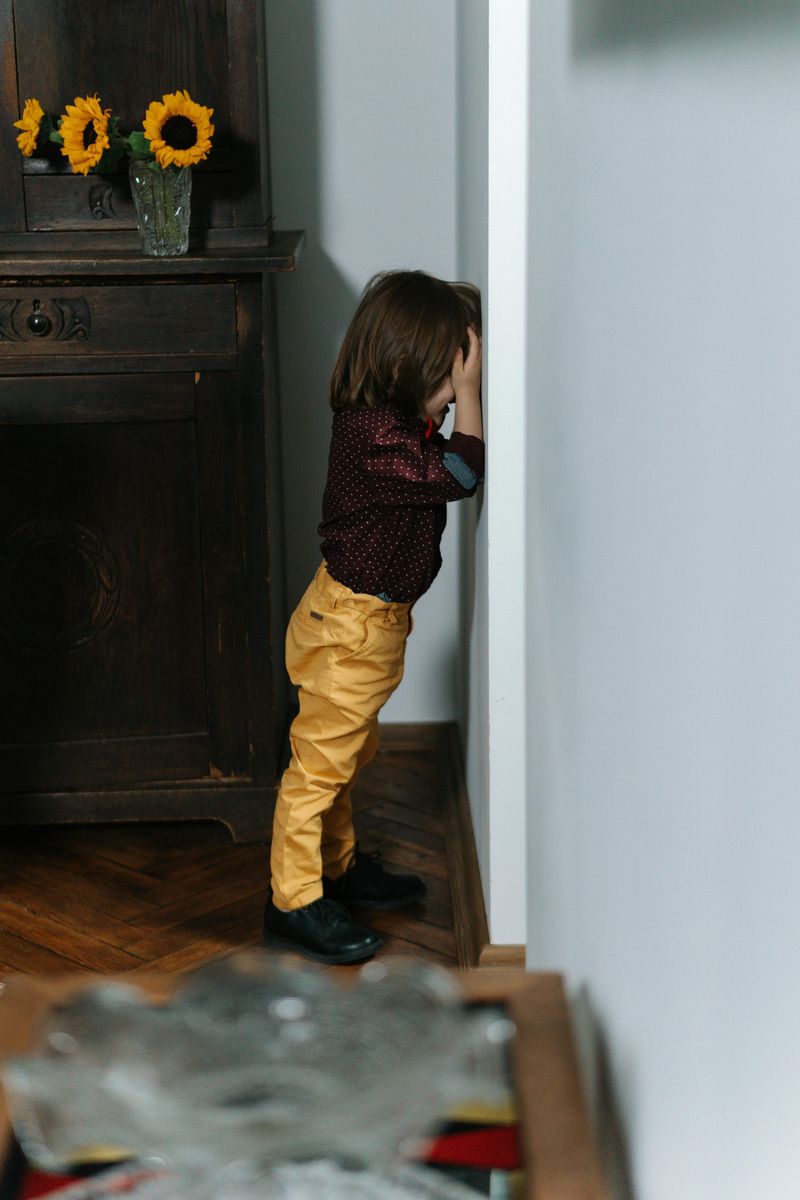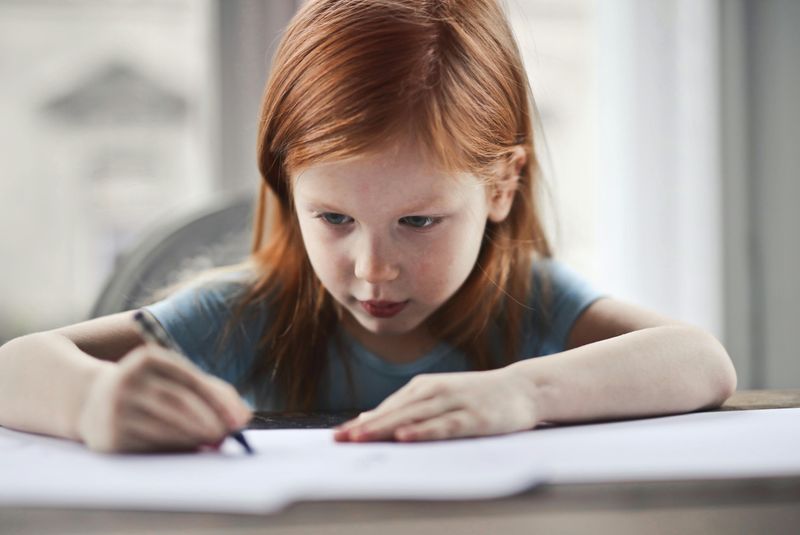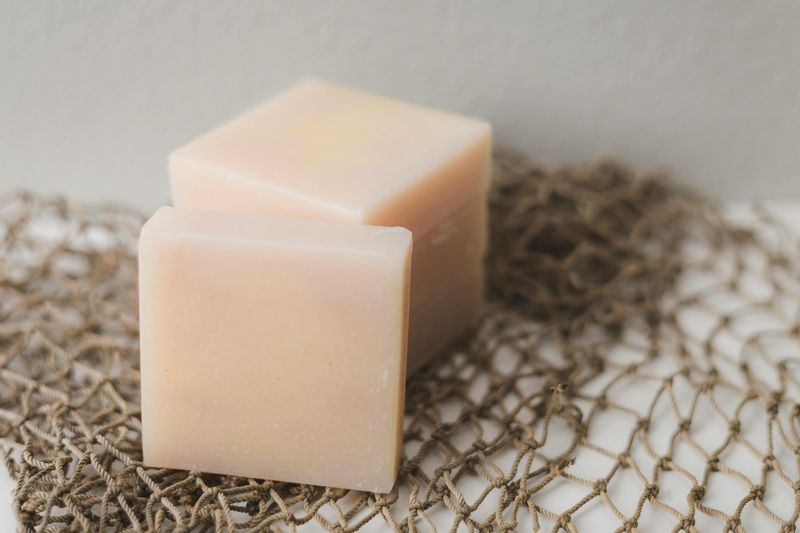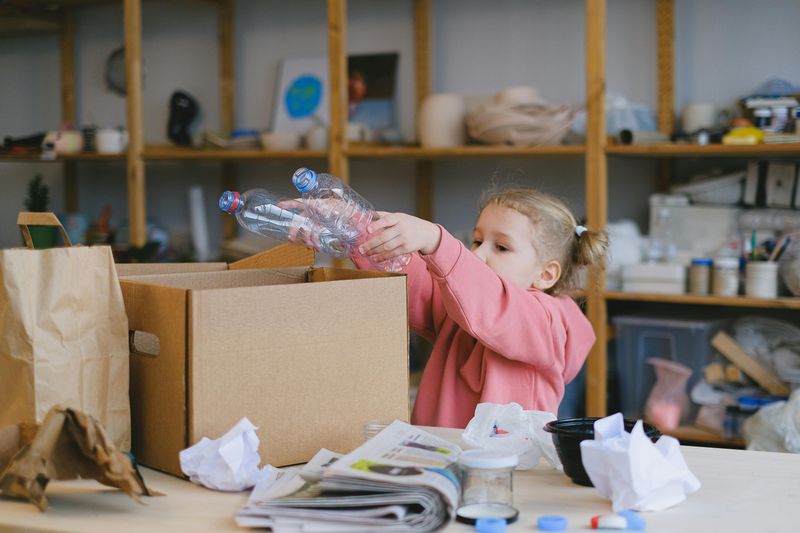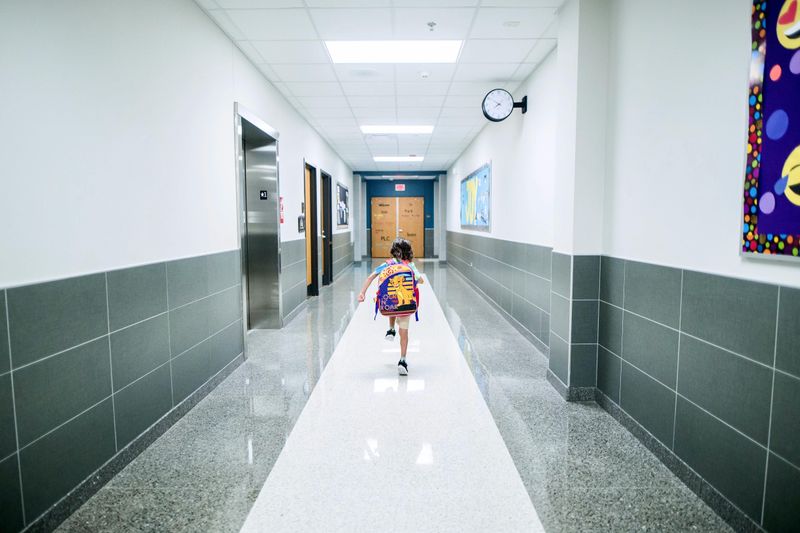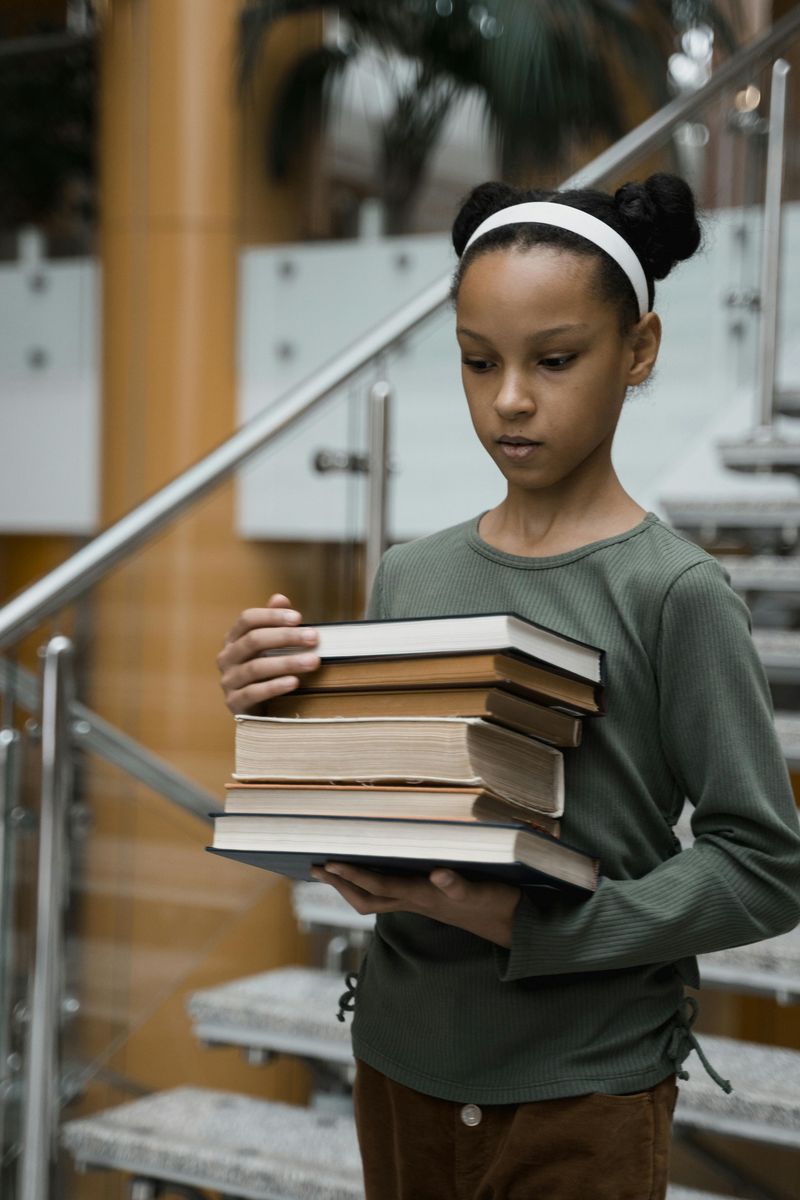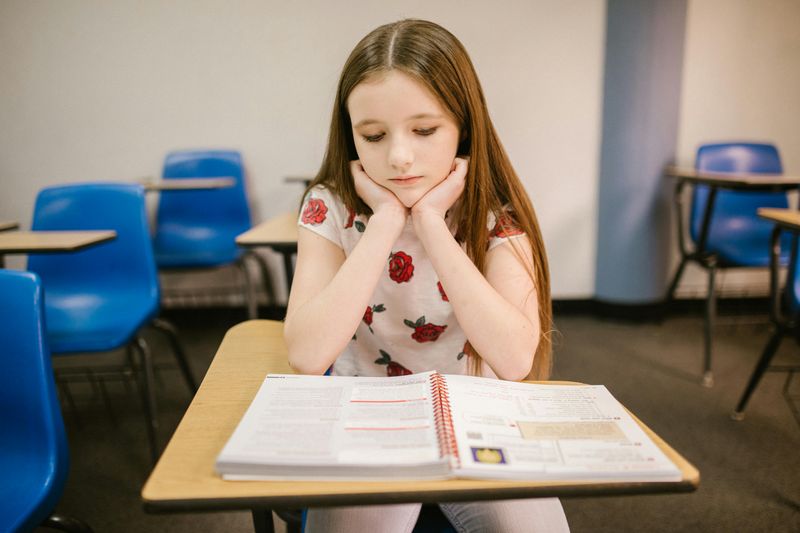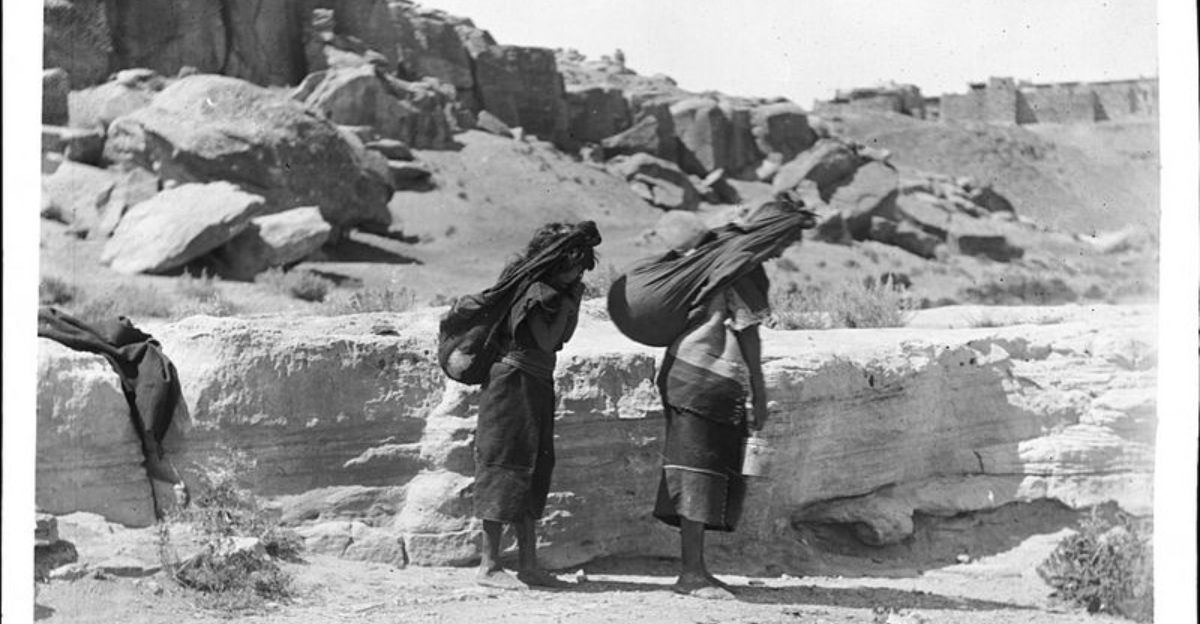12 Strict School Punishments From Long Ago That Crossed The Line
School used to be a much harsher place than it is today.
Teachers had ways of keeping order that would absolutely shock modern parents and students alike.
Some punishments were so extreme they left lasting emotional and physical scars, crossing boundaries we wouldn’t dream of today.
1. Standing In The Corner For Hours
Imagine being forced to stare at a blank wall while your classmates learned and played around you.
Teachers would make misbehaving students stand motionless, sometimes for entire afternoons, causing leg cramps and humiliation.
This punishment isolated kids socially and made them feel worthless. The physical strain was bad enough, but the emotional damage often lasted much longer than the aching legs.
2. Getting Paddled In Front Of Classmates

Nothing felt worse than being called to the front of the room for a public spanking. Teachers wielded wooden paddles, striking students on their backsides while everyone watched in terrified silence.
Beyond the physical pain, the embarrassment was crushing. Kids would return to their seats with tears streaming down their faces, knowing their peers had witnessed their punishment and would never forget it.
3. Writing Lines Hundreds Of Times
Your hand would cramp and your fingers would ache after writing the same sentence over and over.
Teachers assigned this monotonous task as punishment, sometimes requiring 500 or even 1,000 repetitions of phrases like “I will not talk in class.”
Hours disappeared while students scribbled mindlessly. The punishment wasted valuable learning time and taught nothing except how to endure tedious busywork without losing your sanity completely.
4. Wearing A Dunce Cap
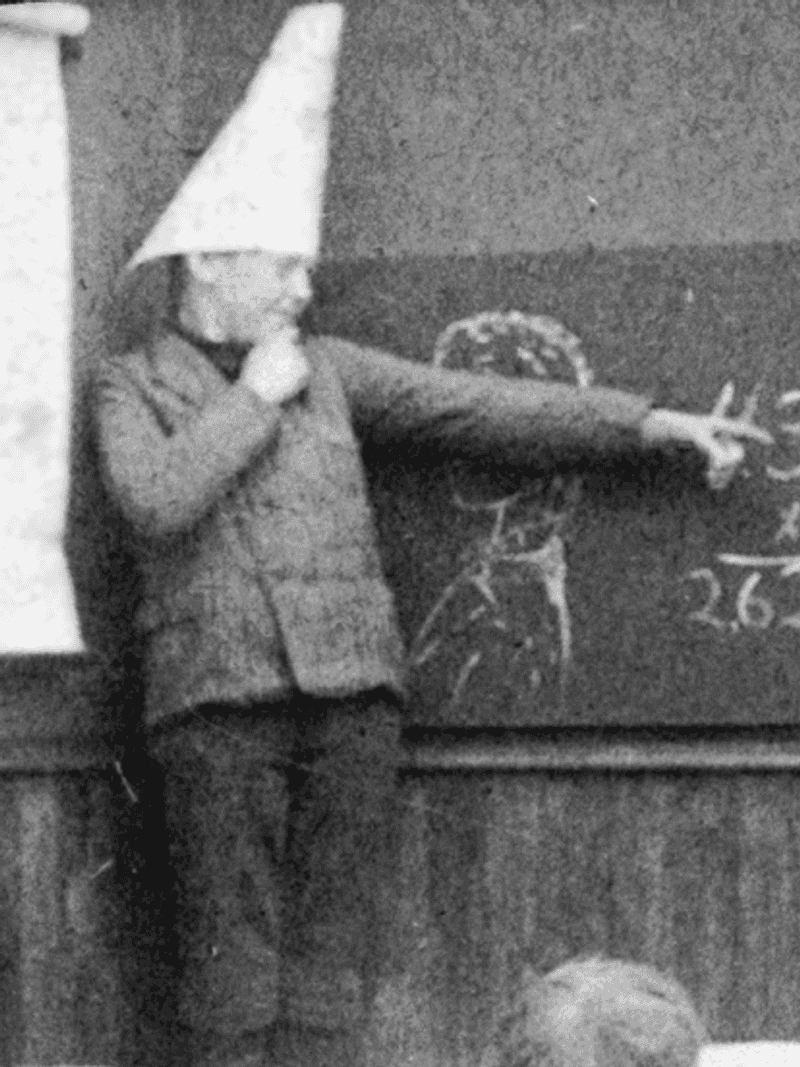
Teachers placed tall, cone-shaped hats labeled “DUNCE” on students’ heads to mark them as stupid. Wearing this ridiculous headgear, kids had to sit in a special corner or stand before the class while others pointed and laughed.
This cruel practice attacked children’s self-esteem directly. Many kids who wore the dunce cap carried those feelings of inadequacy into adulthood, believing they truly were unintelligent.
5. Getting Your Mouth Washed Out With Soap
If you said a bad word or talked back, teachers would literally scrub your mouth with a bar of soap. The awful taste would linger for hours, making students gag and feel sick to their stomachs.
This punishment was both unsanitary and potentially dangerous, as swallowing soap could cause vomiting. Yet teachers saw it as an appropriate response to inappropriate language, no matter how young the child was.
6. Staying After School To Clean Classrooms
While other kids headed home to play, punished students grabbed brooms and rags to scrub floors and wash chalkboards.
Teachers made them clean the entire classroom, sometimes staying until evening darkness fell outside the windows.
Missing after-school activities and family time felt like torture. Parents often couldn’t pick kids up, forcing them to walk home alone in the dark after exhausting physical labor.
7. Getting Slapped On The Knuckles With A Ruler
One swift crack across the knuckles with a wooden ruler sent sharp pain shooting through your entire hand. Teachers used this quick punishment for minor infractions like incorrect answers or messy handwriting.
The sting lasted for hours, making it difficult to hold pencils or complete assignments. Some teachers hit so hard they left bruises or even broke skin, yet parents rarely questioned these harsh disciplinary methods.
8. Losing Lunch Privileges
When teachers decided you misbehaved, they could take away your lunch as punishment. Students would sit hungry, watching classmates eat while their own stomachs growled painfully through the afternoon.
Denying children food affected their ability to concentrate and learn. Growing bodies needed nutrition, but some teachers saw starvation as an acceptable consequence for breaking classroom rules, regardless of the health implications.
9. Standing Outside The Classroom All Day
For serious offenses, teachers banished students to stand in the hallway for entire school days. Kids missed all lessons, standing against cold walls while other classes passed by and stared at them curiously.
This punishment combined educational neglect with public shaming. Students fell behind academically while feeling like criminals on display, and the isolation made them feel completely rejected by their teacher and peers.
10. Getting Detention For Using Your Left Hand
Believe it or not, teachers once punished naturally left-handed students for writing with their preferred hand. They forced kids to switch to their right hands, tying left hands behind backs or hitting them when they forgot.
This practice ignored basic biology and caused lasting problems. Many left-handed children developed poor handwriting, speech impediments, and emotional issues from being punished for something they couldn’t control naturally.
11. Carrying Heavy Books As Punishment
Teachers made students hold heavy textbooks or dictionaries with arms extended straight out for extended periods.
Muscles would burn and shake, and dropping the books meant starting the timer over or receiving additional punishment.
This physical torture disguised as discipline caused real harm. Some children’s arms went numb or suffered muscle strains, yet teachers justified it as building character and teaching responsibility for misbehavior.
12. Sitting In Total Silence During Recess
While other children laughed and played outside, punished students had to sit perfectly still and silent at their desks during recess. Any movement or sound meant additional time added to the punishment.
Children need physical activity and social interaction for healthy development.
Denying them recess stole their only break from academic pressure, leaving them restless, resentful, and unable to focus when lessons resumed afterward.

